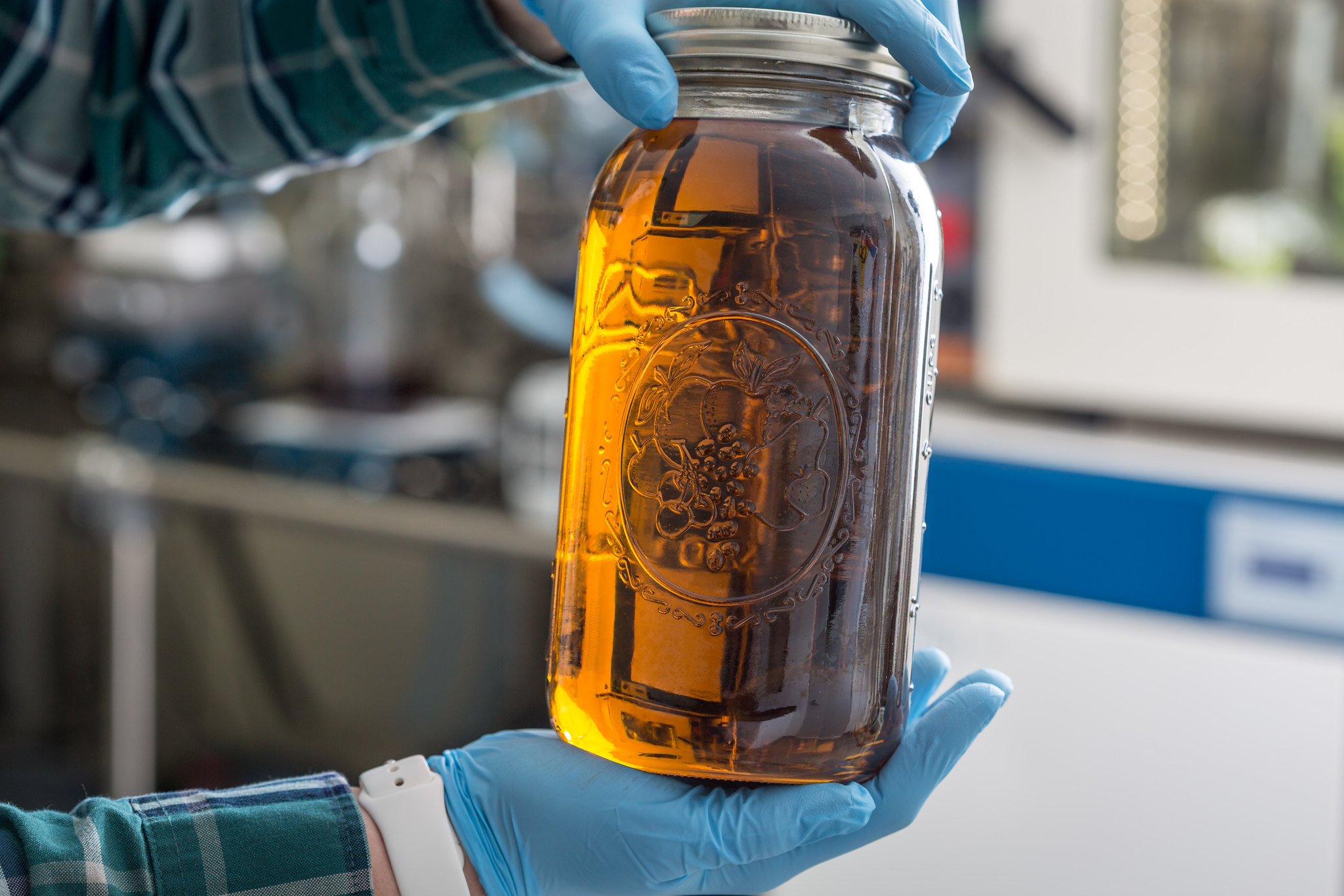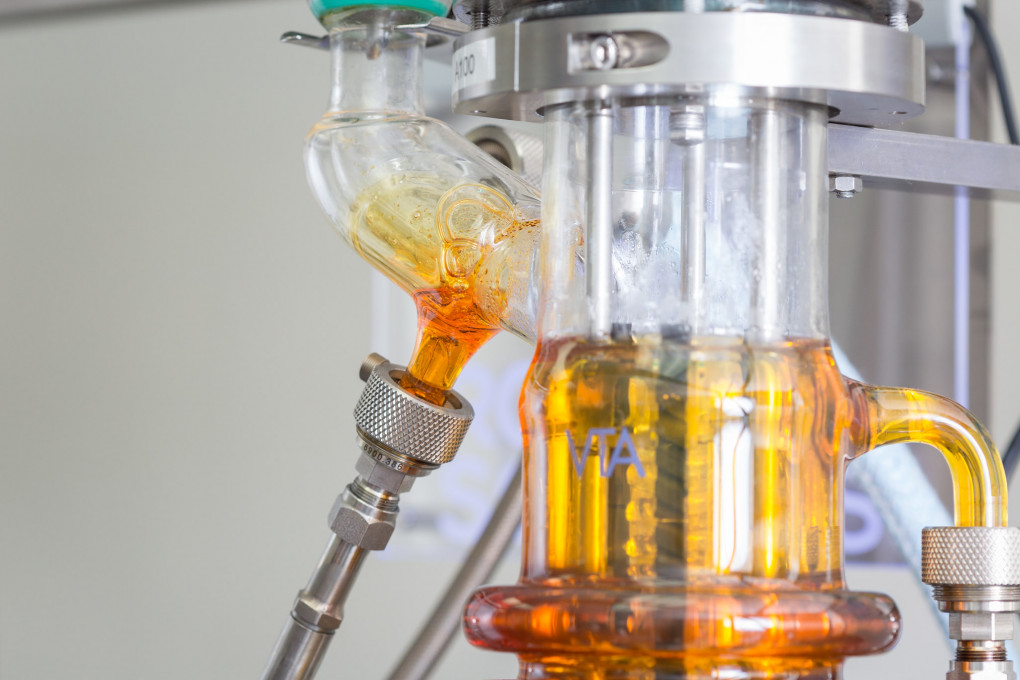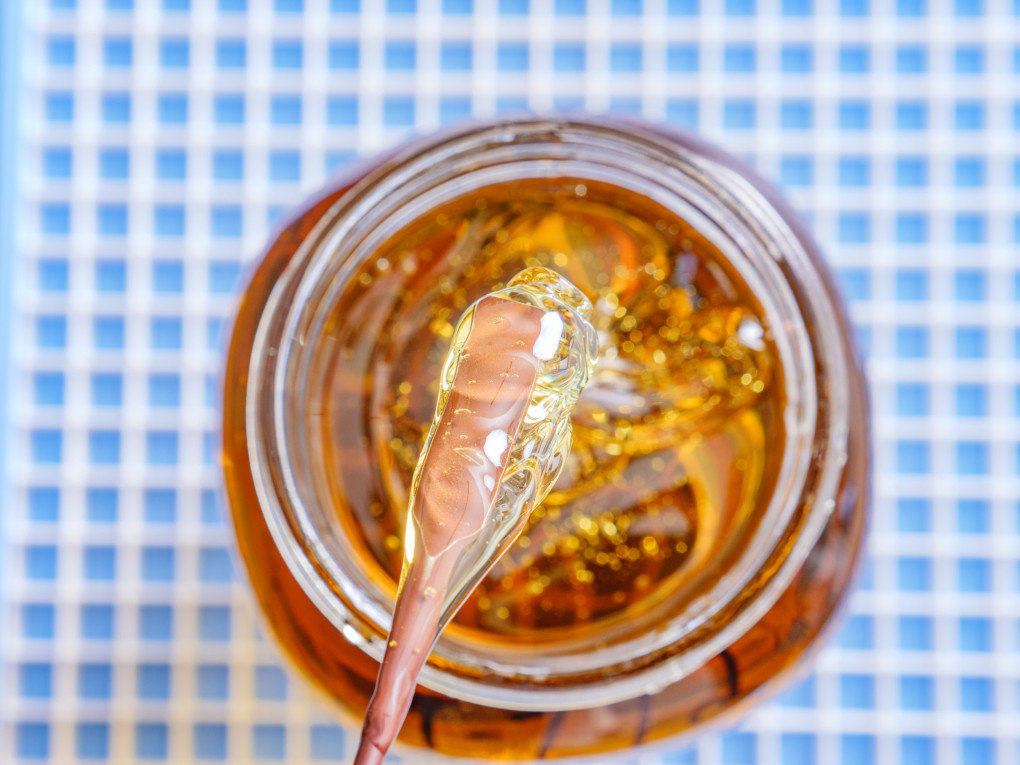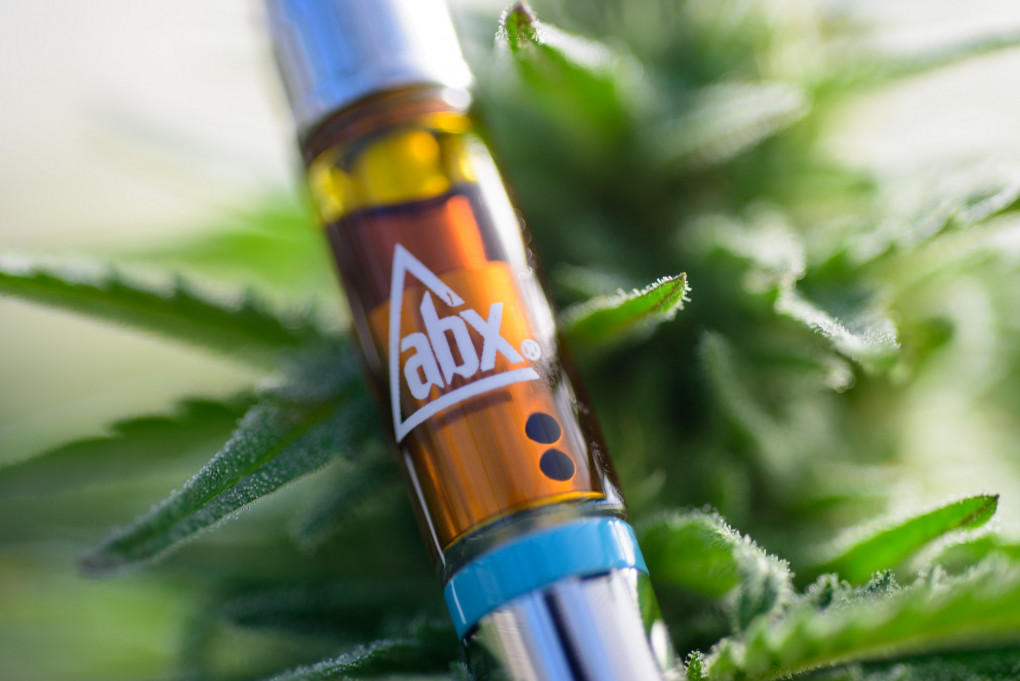Share this post
Categories
WTF is Distillate Cannabis Oil?
August 31, 2021

By Andrew Ward
As a trailblazing innovator in cannabis extraction, ABX demonstrated how to use CO2 to extract distillate cannabis oil way back in 2018. Since then, extraction tech has continued to evolve, and today at ABX, we use a variety of techniques and solvents, including ethanol.
Efficiency and THC potency are booming as top producers offer potent, pure cannabis distillate oils using these techniques..
Here's what you need to know.
The History of CO2 Extraction And The Shift To Ethanol
In previous years, ABX always used CO2 extraction to create distillate oil. The process is ideal for delivering products rich in terpene content since CO2 is able to separate off the terpenes from the cannabis flower. While beneficial, the process has hindered the speed and efficiency of many producers. Still, CO2 extraction remained the prime method for extracting cannabis and other botanical extracts for the perfume industry, for example.
In recent years, industrial scale ethanol extraction has emerged as a more efficient and alternative process. Its rise in popularity doesn't mean ethanol is new. For decades, it helped create Rick Simpson Oil, using room temperature extraction. The result is RSO's dark black oil containing various plant compounds, including chlorophyll.

Industry pioneers, like Delta Separations, deserve credit for industrializing the process in the last four or so years, commercializing and mass producing the first large, engineer-approved, centrifuge-based ethanol extractor. They helped direct the industry towards cold, or cryo-ethanol, for increased solvent selectivity, helping to reduce the number of undesirable compounds in the final product.
Aside from its lack of terpene retention, ethanol excels where CO2 can't. For consumers, ethanol helps produce more potent THC products. Meanwhile, producers see a staggering reduction in production times. Instead of taking a day to complete an extraction run with CO2, ethanol completes the same run in roughly a half-hour.
The results are made further evident when looking at the equipment needed. In our case, our original 24 CO2 extraction machines match the output of one single ethanol extractor. However, consider that ethanol extraction in California l requires a new Type 6 non-volatile extraction license as well as a C1D2 controlled environment to meet safety and production standards.

From CO2 To Ethanol: The Distillation Process Shifts
In simple terms: The goal is to turn the brown oil into gold.
The process begins by preparing winterized full spectrum oil for distillation. ABX uses the following to create its distillate oil:
- Full Spectrum Oil: Distillate oil can't be made without top-quality winterized full spectrum oil. To arrive at this stage, producers have already separated terpenes and plant waxes from the cannabis oil, resulting in full spectrum amber oil with a potency of 70-80% THC or CBD.
- Decarboxylation & Devolatilization: Gently heating the oil converts the cannabinoid THCa into THC, the compound known for cannabis's psychoactive "high" effect. It also “decarbs” the CBDa into CBD. Any remaining ethanol or degraded terpene volatiles are separated out at this step as well. The result is a further concentrated full-spectrum cannabis oil that is the perfect distillation input.
- Wiped-Film Distillation: Distillation is a process that involves the separation of compounds based upon boiling point differences.. The oil is fed and wiped onto the evaporator section which is a heated glass surface. The evaporated cannabinoids then condense on the inner surface of the channel which is actively cooled, leaving behind the non-cannabinoid waste fraction. The process is relatively automated and straightforward as long as producers feed the machine with high-quality oil to start. The process typically can take a 70-80% full spectrum oil and distill it to between 90 and 95% THC.

When Distillate Fits Into The Equation
Distillate-based products are part of numerous top cannabis products, giving companies and consumers a range of options.
Producers use distillates for vape cartridges. Hybrid products are another popular option, as distillate oils can be combined with terpenes from hydrocarbon or CO2 extraction.
Products not looking to feature the complete terpene profile are also ideal candidates. Edible, tincture, and softgel producers can turn to distillate when creating high potency infused products without any aromas or cannabis flavor.
In Closing
The argument over THC potency is ongoing. An increasing portion of consumers seem to focus on THC content primarily. The whole plant is essential and should be used whenever possible. That said, distillate has its place in the market as well.
Whether a person seeks a high THC product or doesn't need the complete plant profile, distillates are a great option. With ethanol extraction, the industry can take a step forward with a more efficient production process and increased THC retention. As the market evolves, occasionally looking towards the past for solutions can certainly prove beneficial.